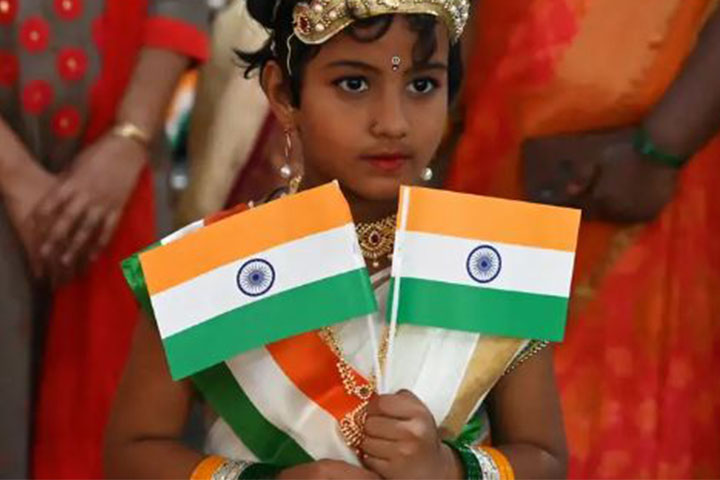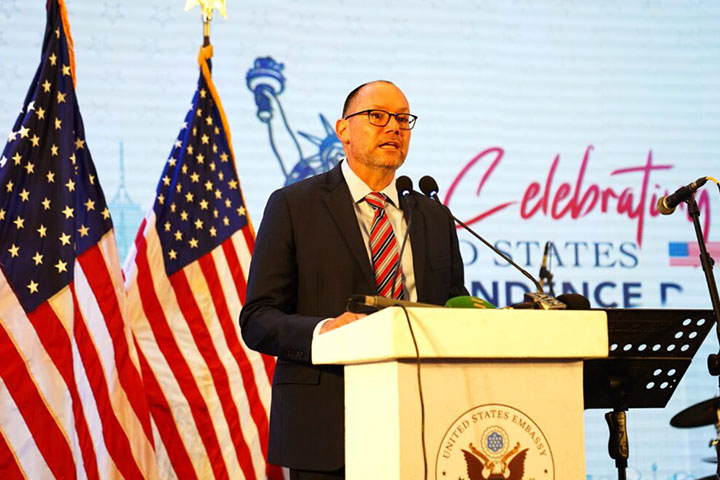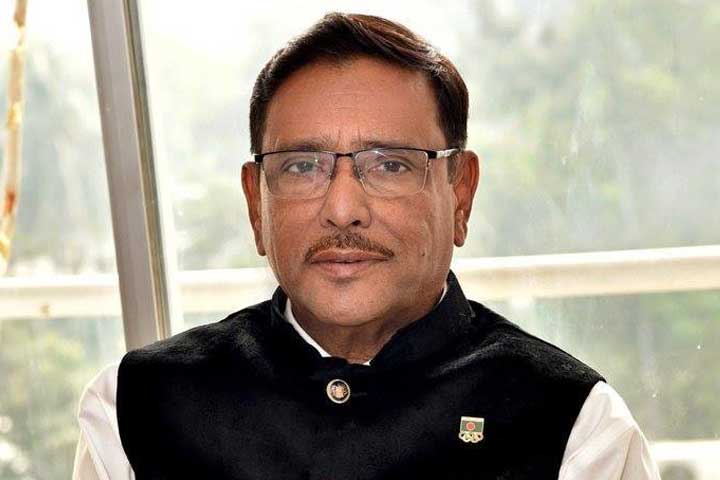Culture, democracy and clout: why three Pacific countries are sticking with Taiwan
As a king tide swept through Tuvalu this month, flooding homes and disrupting local sea routes, changes in political currents were also buffeting the country.
The wild weather delayed a key meeting between newly elected members of parliament to determine the successor to Tuvalu’s prime minister Kausea Natano, who lost his seat in January’s elections.
The new prime minister will need to tackle pressing domestic issues and also wider regional concerns, namely its role in the geopolitical tussle for influence in the Pacific.
Natano had been staunch in his government’s support of Taiwan for years. But the new leader could consider cutting ties with Taiwan in favour of establishing relations with China, as one prime ministerial candidate has already signalled.
Tuvalu is one of a dwindling number of countries that maintain diplomatic ties with of Taiwan, in what Beijing views as an affront to its One China principle. Five years ago, Taiwan counted six allies in the Pacific region. Now, with Nauru severing its Taiwan ties in January, only three remain – Tuvalu, the Marshall Islands and Palau.
Despite lobbying from Beijing and the promise of more economic and development aid, the three nations list democratic and cultural values among the reasons they have maintained ties with Taipei.
The Pacific region, home to a quarter of Taiwan’s remaining allies, is seen as a continued target for China. Experts say the importance of the One China policy and, in particular, the location of Palau and the Marshall Islands mean Beijing may continue to apply pressure.
“These countries in the second island chain are believed to have military and strategic influence not only for traditional powers, but also for China,” Australian National University research fellow Denghua Zhang says.
Promise of ‘huge aid’ from China
Palau, an archipelago in the western Pacific Ocean, has felt the pressure from Beijing to switch allegiances. Palau’s president, Surangel Whipps Jr, told the Guardian Chinese officials have made constant overtures to his government.
“They say, ‘You understand economics. With China, the sky’s the limit. Join us and we can build all the hotels you need, you will be flushed’,” Whipps says, adding that such promises are followed with the demand for Palau to “stop recognising Taiwan”. In 2019, Tuvalu’s foreign minister, Simon Kofe, said Chinese companies had offered to build artificial islands in the country as it confronted rising sea levels, in an attempt to undermine its relations with Taiwan.
“China uses economic opportunities as a card to win over Pacific Island countries,” Zhang says.
Whipps also accuses Beijing of “economic coercion” by limiting the number of tourists allowed to travel to the Pacific country, cutting off a lucrative source of revenue for Palau’s vital tourism sector.
The Guardian contacted China’s foreign ministry and nearby embassies for a response to comments made by Whipps and to lobbying claims, but did not receive replies.
Zhang says those nations in the Pacific that have switched allegiances have been “attracted by those huge amounts of aid pledges made by China to them.”
After Solomon Islands cut ties with Taipei in 2019, China doubled the amount of discretionary funds given to its MPs to use in their districts, and bankrolled a $53m sports stadium in its capital, Honiara, according to the Lowy Institute.
Taiwan does not have the same economic might. Its development agency has focused on providing Pacific allies with modest health, agricultural and livestock projects – for example, establishing a piggery project in the Marshall Islands, and building a vegetable farm on an outer island of Tuvalu.
“China just unquestionably can provide more than Taiwan can,” Jessica Marinaccio, assistant professor of Asian Pacific Studies at California State University, and a former technical adviser to Tuvalu’s government, says.
Despite that, the three Pacific nations have chosen to side with Taipei.
Whipps says the most important reasons for Palau and Taiwan’s continued partnership are “common values [of] freedom, democracy, and rule of law”, which he believes China does not share. The Marshall Islands’ newly elected president, Hilda Heine, similarly affirmed her government’s “rock solid” support for Taipei during her recent inauguration, with her foreign ministry calling Taiwan an “indispensable partner in promotion of democratic principles”.
Tuvalu’s former leader Natano has celebrated his country’s common cultural values with Taiwan. Many Tuvaluans recognise Taiwan as one of the first countries to establish diplomatic relations with the Pacific nation after it gained independence from Britain in 1978.
Allies secure ‘leverage’ with US
Sticking with Taiwan may also offer another kind of power.
China has sought to develop a region-wide security agreement with Pacific leaders and appointed a special envoy to handle Pacific diplomatic affairs. At the same time, the US has ramped up its engagement in the region, opening several new Pacific embassies while looking to boost regional funding. It also maintains several military bases in the Pacific, including in the Marshall Islands, and is planning to build a warning radar on Palau by 2026.
For Pacific countries, competition between the US and China in the region has provided “a lot more leverage” when negotiating support from western allies, says Marinaccio.
One example is the Compacts of Free Association, through which Washington provides funds to Palau, the Marshall Islands and the Federated States of Micronesia, in return for exclusive military access to large and strategic areas of the Pacific. In a recent letter to the US government, Palau’s president said a delay in approving funds to the country “plays into the hands of the [Chinese Communist party]”.
“It’s just such an effective negotiating tool. It’s so threatening to the US, which has this really terrified image of China,” Marinaccio says.
Whether Tuvalu’s new leader will continue to side with Taiwan, or review the relationship, is not yet clear.
Still, China counsellor Wang Xuguang, who led the team re-establishing relations with Nauru, reportedly told Chinese media that he “believe[s] Nauru won’t be the last” Pacific country with which China re-establishes relations.
26 Feb 2024,22:31
















 Live Tv
Live Tv









